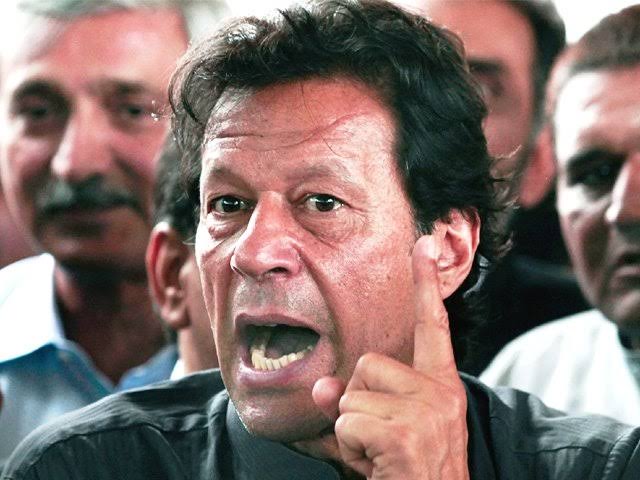
Pakistan is currently faced with its most serious economic crisis to date. The problem is accentuated by political deadlocks and constitutional subversions. But why has this happened and what will happen next?
According to editor of Friday Times, Najam Sethi, “the civil-military ruling gentry – landlords, big businessmen, generals, judges and “civil servants” — have brought us to this pass. Over the decades, this gentry has lived off American and international handouts to establish a largely rent-extraction, imported consumer goods-based economy with low rates of savings and investment, low import substitution, subsisting on low tax revenues, high fiscal and current account deficits, high unproductive “defense” expenditures, resulting in increasing domestic and international debt. In the last three decades, export of manpower rather than high value added manufactured goods and services has enabled us to keep our head barely above water. But the free American lunch has gone and deepening structural imbalances have finally caught up on the gentry’s perks, privileges and subsidies, fueling rising income inequality and inflation, currency devaluation and unsustainable expenditures and debt servicing.”
The solution, Sethi notes, “proposed by the gentry’s economists is to borrow more at home and abroad. But the problem is that lenders have got wise to the financial risks involved in bailing out Pakistan without targeted guarantees of long-overdue, painful structural reforms. The fact that such belt-tightening measures are more likely to stress out the have-nots rather than the haves is creating a difficult problem for political stakeholders locked in a battle for office and power via the ballot box.”
Over the last four years under Imran Khan, “the economy has gone from bad to worse, accentuating structural imbalances to breaking point. This was one of the pegs on which the Opposition and Miltablishment decided to order regime change. The other mutual compulsion was Imran Khan’s determination to unconstitutionally consolidate power for another term and wittingly perpetuate the same socio-economic cleavages and imbalances in society that have laid Pakistan low. Now we are faced with fresh dilemmas.”
Why did the coalition government take office if it couldn’t deliver? According to Sethi, “it was understood they would deliver the goods by 2023 and a U-Turn by the Miltablishment wasn’t countenanced. Others insist that a better option was to have let Imran Khan rule until 2023 and discredit himself thoroughly instead of hastening his departure and giving him a chance to make a quick comeback. The answer to this too is simple: the PDM feared, and rightly so, that if Imran Khan could last long enough to appoint his own army chief in November 2022, he would use his services to rig the 2023 elections like he did in 2018 and assure himself another five year term which he would use to crush whatever remained of the Opposition by overpowering the constitution and other powerful institutions.”
What will happen going forward? According to Sethi, a high probability of a caretaker government being appointed that will go to the IMF and then hold elections. “But we certainly can’t say how long the Caretakers will stay, whether the elections will be free and fair, whether these elections will be held on time or postponed on some pretext legitimized by a servile judiciary, and who will appoint the next army chief or extend the tenure of the current one. As we speak, however, Asif Zardari is making a last ditch attempt to persuade the Miltablishment and PMLN to let this PDM government stay and complete the rest of the parliamentary term. He believes together they can push back Imran Khan and bring political and economic stability to the country.”
![]()





